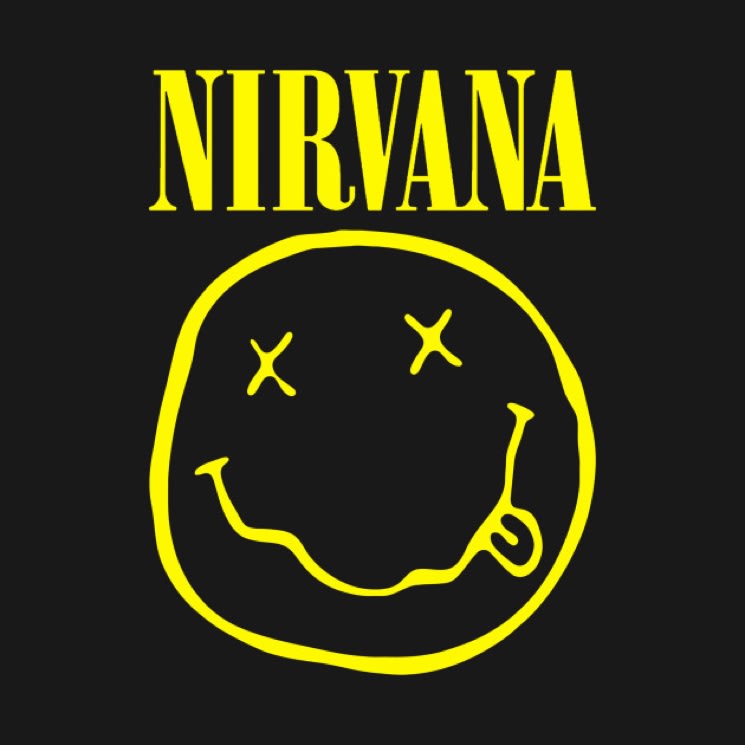The ongoing legal battle between Nirvana and Marc Jacobs over the band's iconic smiley face logo has taken a new turn, with the fashion designer seeking a declaration that the logo copyright legislation cannot be enforced.
In December 2018, Nirvana alleged that Marc Jacobs was using the logo without authorization for its "Redux Grunge Collection" clothing line.
The fashion designer attempted to dismiss the band's lawsuit in March, only for a California federal court to rule that the band owned the logo's copyright and the shirt design was similar enough to survive the motion.
In the time since, lawyers for Jacobs have deposed surviving Nirvana members Dave Grohl and Krist Novoselic, who each testified they didn't know who created the logo. Lawyers for the band responded that neither member was asked if he believed late frontman Kurt Cobain to be the creator.
Jacobs's new counterclaim, filed yesterday (November 26), reads in part: "The apparent absence of any living person with first-hand knowledge of the creation of the allegedly copyrighted work in question, coupled with numerous other deficiencies in the 166 Registration that is the basis for Nirvana's infringement claim are the basis for the counterclaim asserted."
As Bloomberg points out, Jacobs also cites the Compendium of U.S. Copyright Office Practices, arguing that "the name of a band or performing group" and "simple emoticons such as the typical smiley face" are elements that are not subject to copyright.
Marc Jacobs's changes to the design included the letters "M" and "J" in place of the eyes, while the band's name was replaced with the word "HEAVEN" printed in a similar font.
In December 2018, Nirvana alleged that Marc Jacobs was using the logo without authorization for its "Redux Grunge Collection" clothing line.
The fashion designer attempted to dismiss the band's lawsuit in March, only for a California federal court to rule that the band owned the logo's copyright and the shirt design was similar enough to survive the motion.
In the time since, lawyers for Jacobs have deposed surviving Nirvana members Dave Grohl and Krist Novoselic, who each testified they didn't know who created the logo. Lawyers for the band responded that neither member was asked if he believed late frontman Kurt Cobain to be the creator.
Jacobs's new counterclaim, filed yesterday (November 26), reads in part: "The apparent absence of any living person with first-hand knowledge of the creation of the allegedly copyrighted work in question, coupled with numerous other deficiencies in the 166 Registration that is the basis for Nirvana's infringement claim are the basis for the counterclaim asserted."
As Bloomberg points out, Jacobs also cites the Compendium of U.S. Copyright Office Practices, arguing that "the name of a band or performing group" and "simple emoticons such as the typical smiley face" are elements that are not subject to copyright.
Marc Jacobs's changes to the design included the letters "M" and "J" in place of the eyes, while the band's name was replaced with the word "HEAVEN" printed in a similar font.
